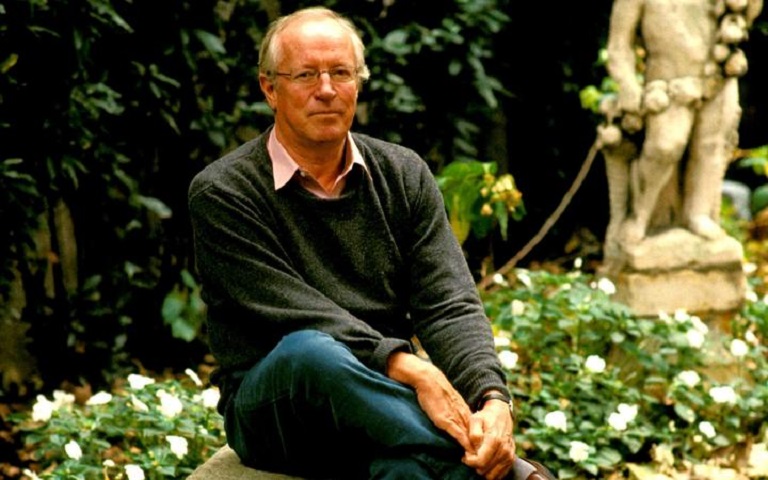
Veteran journalist and Middle East correspondent for British newspaper The Independent, Robert Fisk, died on Monday after being hospitalised two days ago, for suffering a suspected stroke at his home in Dublin, the Guardian reported.
He was 74 years old.
The journalist and author, who for decades covered events in the Middle East and elsewhere as a foreign correspondent for The Independent, was reportedly admitted to St Vincent’s hospital in Dublin after becoming unwell on Friday.
A source at the British newspaper confirmed the news of his death.
The Independent paid tribute to a journalist who was “renowned for his courage in questioning official narratives” and publishing “frequently brilliant prose”.
“Fearless, uncompromising, determined and utterly committed to uncovering the truth and reality at all costs, Robert Fisk was the greatest journalist of his generation,” said Christian Boughton, editor of the Independent until last week, and now managing director.
“The fire he lit at The Independent will burn on.”
After falling out with the Rupert Murdoch-owned newspaper The Times, which he had initially joined as Northern Ireland correspondent in 1972, Fisk joined The Independent in 1989.
During his decades-long career, he covered key international events including the Lebanese civil war, Soviet invasion of Afghanistan, Iranian revolution, Saddam Hussein’s invasion of Kuwait, conflicts in the Balkans and Arab Spring.
Fisk won many prestigious awards over the span of his career for his coverage of the Middle East - including the Orwell prize for journalism and multiple wins at the British Press Awards in the categories of international reporter of the year and foreign reporter of the year.
Described by the New York Times in 2005 as “probably the most famous foreign correspondent in Britain”, Fisk was among the few Western journalists to interview the al-Qaida leader, Osama bin Laden, which he did three times during the 1990s.
Irish President Michael Higgins said in a statement, “The world of journalism and informed commentary on the Middle East had lost one of its finest commentators,” paying tribute to a man he said he had known since the 1990s.
Fisk’s reporting has been known to stir controversy.
During the Syrian war he was accused by critics of siding with the government of Syrian President Bashar al-Assad. He’s also known for his criticism of the US, following the 11 September 2001 attacks.
His books included The Point of No Return: The Strike Which Broke the British in Ulster; Pity the Nation: Lebanon at War; and The Great War for Civilisation – The Conquest of the Middle East.










1732354127-0/Untitled-design-(3)1732354127-0-270x192.webp)






COMMENTS
Comments are moderated and generally will be posted if they are on-topic and not abusive.
For more information, please see our Comments FAQ